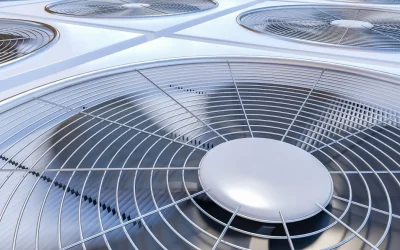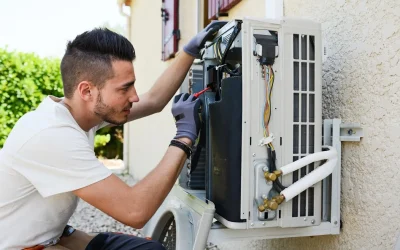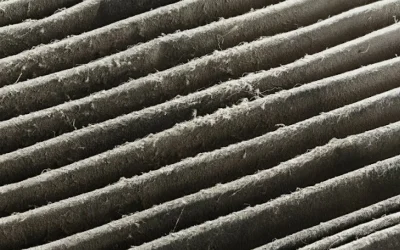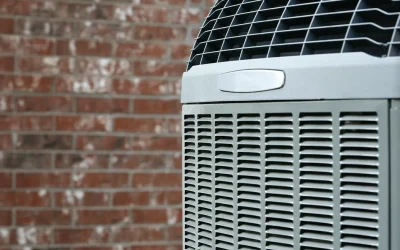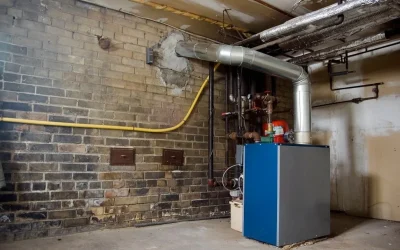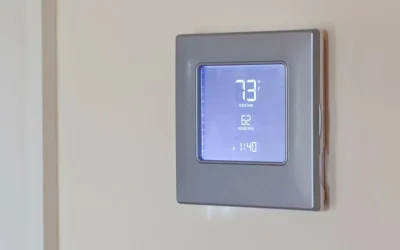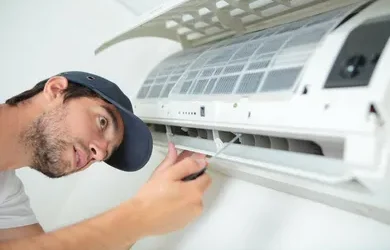Which forced-air furnace is the right choice for your home? Furnace shopping often requires professional help from a knowledgeable HVAC contractor. If you’re not sure where to start, begin with a brief Q and A session. Before you buy a new heater or make major changes to the existing system, take a look at the questions to ask the professional.
where to start, begin with a brief Q and A session. Before you buy a new heater or make major changes to the existing system, take a look at the questions to ask the professional.
1. Do You Really Need a New Forced-Air Heater?
If your home doesn’t have a heater, the answer to this question is an obvious yes. But if you do have an existing HVAC system, you may need more answers from a professional. The HVAC contractor can inspect the current system and look for:
- Signs of significant wear. Some wear and tear is normal and expected. But if the wear interferes with the forced-air furnace’s ability to adequately heat your home, a replacement may save you time, energy, and money in excessive repair bills.
- The age. How old is the forced-air furnace? According to the International Association of Certified Home Inspectors (InterNACHI), a furnace can last for 15 to 25 years. If your existing furnace is at the upper end of this range, you may need a new heater.
- The type of heater. Do you already have a heater in your house? But is it a forced-air system? If not, this isn’t necessarily the best type of replacement. Forced-air heaters require ductwork. A radiator and boiler or heat pump system won’t have the air ducts you need.
Does the technician feel your forced-air furnace doesn’t require a replacement due to wear or age-related issues, or did they determine you have a different type of system? If your system isn’t worn or old, talk to the technician about future furnace use.
Instead of an immediate investment in a new system, wait and get the last few years of use out of the existing one. This can save you money right now and give you more options in the future.
2. What Is the AFUE?
If you need a new forced-air furnace, take the next step and learn more about your options – including the unit’s AFUE rating. AFUE stands for annual fuel utilization efficiency. This number:
- Is the measure of heat output. More specifically, AFUE is the measure of a furnace’s heat output compared to the energy it consumes (over the course of a year).
- Can help to measure energy efficiency. Stated as a percentage, the higher the number, the greater the heat output and higher the energy efficiency. A furnace with an AFUE of 90 percent is more efficient than one with an AFUE of 70.
- Is on the furnace. According to the U.S. Department of Energy, the Federal Trade Commission requires manufacturers to put the AFUE number on all new heaters. Your HVAC contractor can point out the number and help you to understand the differences between furnace models.
Even though AFUE is a top indicator of efficiency, it isn’t the only thing to look for in a forced-air furnace. Talk to the contractor about each model’s output capacity, annual energy use, expected annual energy cost, and lifetime energy cost. These figures can help you to decide which forced-air furnace is the right option for your home and your heating budget.
3. What Features Do You Need?
All forced-air furnaces are not the same. The differences between furnaces can make it difficult for a novice or first-time buyer to choose the just-right option. This is where the professional comes in. An HVAC contractor can help you to understand common features such as a variable-speed blower.
Like the name implies, this type of blower uses variable speeds. The furnace adjusts the airflow to match the amount of heat necessary to keep your home warm. A variable-speed blower can increase the furnace’s energy efficiency.
Are you ready to buy a forced-air furnace? Contact Triangle Heating & Cooling for more information.



